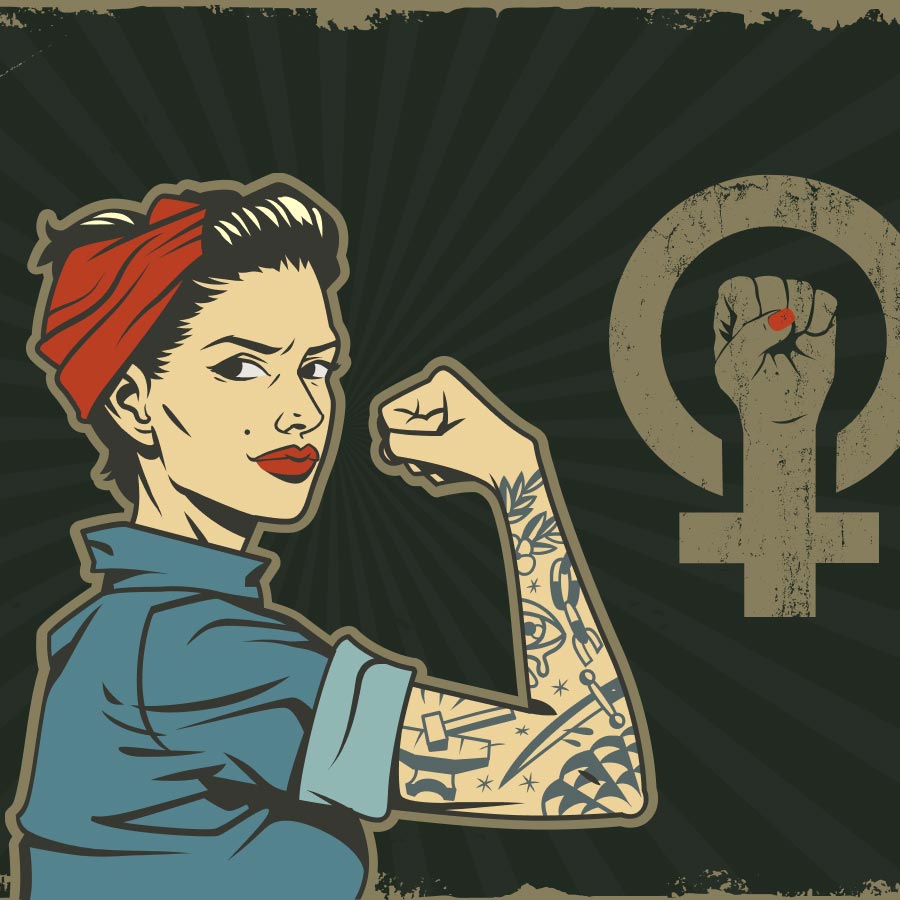In our modern world, terminology is becoming increasingly convoluted. Sexism, feminism, equality—these words are used so often that their meanings can sometimes become unclear. Let's try to understand what these terms really mean and what women truly desire.
Sexism: Problem or Myth?
Sexism, as often described, is prejudice based on gender. In one country, women fight for equal pay, while in another, men face biased attitudes at work. But what does this concept actually mean?
Many of us encounter sexism in practice. It might be true that some professions are viewed as "male" or "female," affecting career opportunities. But sometimes it seems that the topic has become a mythical monster we fear without fully understanding its reality.
Often, sexism feels remote and abstract, and there's some truth to this. For example, should we complain about men earning more if the problem might lie elsewhere? Perhaps it's more related to specific situations and circumstances rather than a general concept.
Equality: What Does It Really Mean?
Equality sounds great, but what does it mean in real life? We often hear that equality is about equal rights, but in practice, it’s not always straightforward. Equality suggests that everyone should have the opportunity to choose and act according to their interests and abilities, rather than following gender stereotypes.
If someone excels in a specific task, why not let them do what they’re good at? For instance, if a woman is better at household chores, it doesn’t mean she should do it just because it’s the norm. The same applies to men: if he's better at repairs, it doesn’t make him superior in other areas.
Feminism: Protest or Necessity?
Feminism is often seen as women’s pursuit of independence and equality. But what does it really entail? Feminism is not just about “I can do it myself,” but a deep need to be heard and recognized.
When women say “no,” it often relates to protecting their interests and gaining respect. Feminism is not just about wanting to be equal to men but ensuring that their opinions and needs are considered and valued. When women face constant refusals and their requests are ignored, they seek other ways to express their needs and gain respect.
What Do Women Really Want?
Women, like men, seek respect and understanding. They want their opinions to be valued and considered, and their efforts and abilities to be recognized. It’s important for women to have partners who are supportive and reliable, rather than a source of additional problems. They want not to be forced into tasks they dislike and for their ability to take care of their own interests to be acknowledged.
It’s essential to remember that these issues concern both women and men. Equality and respect should be the foundation of any relationship, not just abstract concepts. Men and women need to work on understanding and respecting each other, regardless of gender and social stereotypes.
Thus, the real goal is not just to eliminate sexism or feminism as concepts but to create a space where everyone can be heard and valued, regardless of gender.


















